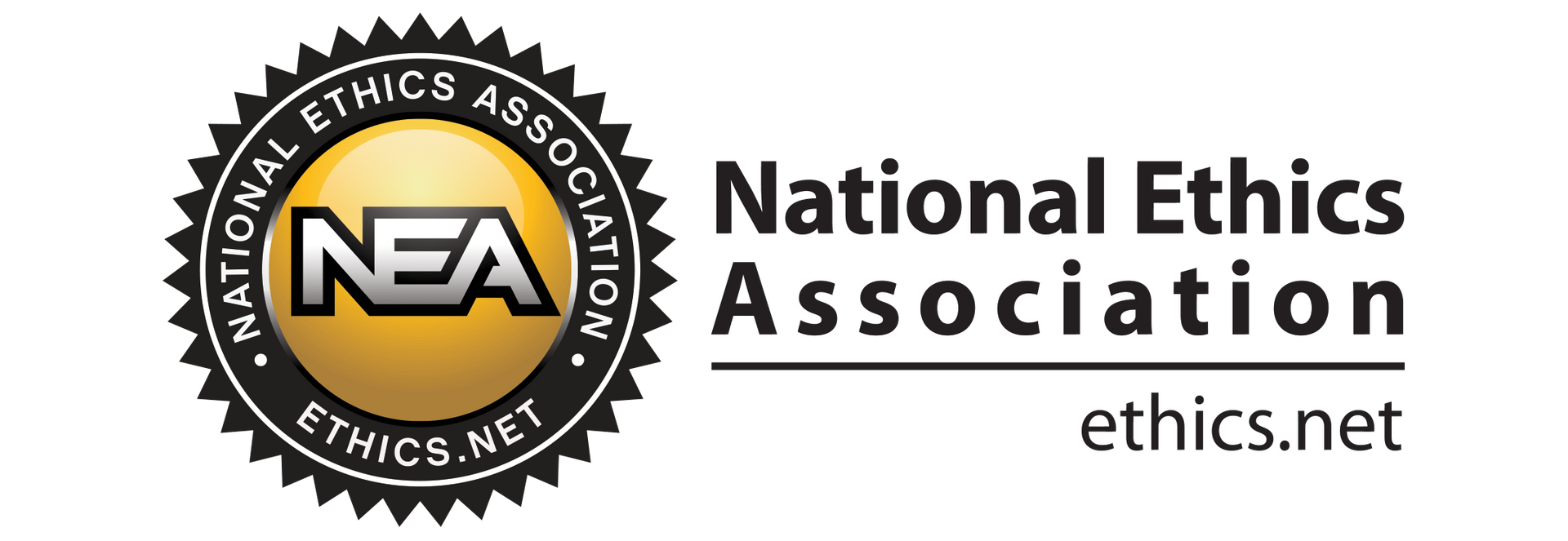A Charitable Strategy for Tax-Efficiency
Qualified Charitable Distributions
If supporting charities meaningful to you is part of your long-term financial plan, creating a strategy around your giving can help you maximize the gifts you give. It can also be tax-efficient across several dimensions of your overall plan.
A qualified charitable distribution (QCD) is a distribution from your IRA account that you are eligible for beginning at age 70 ½. But because it goes directly to the charity of your choice, it doesn’t count as taxable income to you. It can keep your income at a lower level and help you avoid taxes on social security and premium surcharges on Medicare. In addition, the IRS will allow the QCD to count as a required minimum distribution (RMD) from your account.
There are rules to follow and limits to be aware of but being thoughtful about including qualified charitable distributions in your financial plan can help you achieve multiple goals.
Minimizing Required Minimum Distributions
Beginning at age 72, the IRS rule on required minimum distributions (RMDs) kicks in for tax-deferred savings accounts. RMDs are calculated using a formula that combines the value of the account at year end of the prior year and the age of the taxpayer. From the IRS’s standpoint, the goal of RMDs is to ensure that the taxes are eventually paid on retirement savings that have been contributed pre-tax.
RMDs can be substantial, depending on the size of your account. This can create problems for taxpayers who want to keep income below certain levels, whether to stay in a lower tax bracket or to avoid additional taxes or surcharges on benefits:
- The QCD can satisfy your RMD for the year as long as you complete the QCD by the deadline for your RMD, usually December 31st.
- The QCD can only be taken on pre-tax dollars. The QCD rules allow you to designate pre-tax funds instead of pro-rating the distribution between pre-and-post-tax money. This can help reduce the amount of taxable funds in your IRA for future distributions.
Do You Itemize or Take the Standard Deduction? QCDs Have Special Advantages
Qualified charitable distributions do not require you to itemize deductions – you can claim the standard deduction. You’ll need to itemize deductions if you take a normal distribution and then claim the charitable gift on your tax returns to offset the distribution.
The QCD rules are very helpful if you’re making a more significant gift. Charitable gift tax deductions are limited to a percentage of the taxpayer’s adjusted gross income (AGI). QCDs are not subject to this limitation. Instead, the amount of the QCD is limited to $100,000.
Avoiding or Minimizing Social Security Taxes and the Medicare IRMAA
Up to 85% of social security is taxable. The amount of the tax depends on the taxpayer’s modified adjusted gross income (MAGI). This is simply the AGI with certain other interest income added in. Keeping the AGI as low as possible can minimize your taxable income – and the amount of social security subject to tax.
The Medicare surcharge kicks in above certain income levels, and the higher income gets, the greater the surcharge. The amounts are at pre-set levels, so missing a cut-off by even a few hundred dollars can push you into the next bracket and cost significantly in premium surcharges. If you file taxes jointly with your spouse, premiums will go up for both of you. Keeping income low by using the QCD to satisfy the RMD can help manage income levels.
Making Up for Employers’ Benefits
Most employees can rely on their company’s short-term disability insurance if they are injured or sustain an incapacitating health emergency such as a stroke or heart attack. However, these corporate plans are usually not overly generous. They typically replace up to 60% of the employee’s salary for about three to six months, and the employee will owe taxes on the payments.
Another problem is that the policies only cover employees. If the employee must quit the job due to a severe disability, they forfeit the benefit.
The Bottom Line
Charitable giving is a wonderful way to see your vision come alive in the world and to support causes and people you care about. Thinking about the gift in the context of your financial plan can provide ongoing benefits – and ultimately, careful structure and minimizing taxes can help you maximize the amounts you have available to give.
Disclaimer:
The information contained herein is intended to be used for educational purposes only and is not exhaustive. Diversification and/or any strategy that may be discussed does not guarantee against investment losses but are intended to help manage risk and return. If applicable, historical discussions and/or opinions are not predictive of future events. The content is presented in good faith and has been drawn from sources believed to be reliable. The content is not intended to be legal, tax or financial advice. Please consult a legal, tax or financial professional for information specific to your individual situation.




